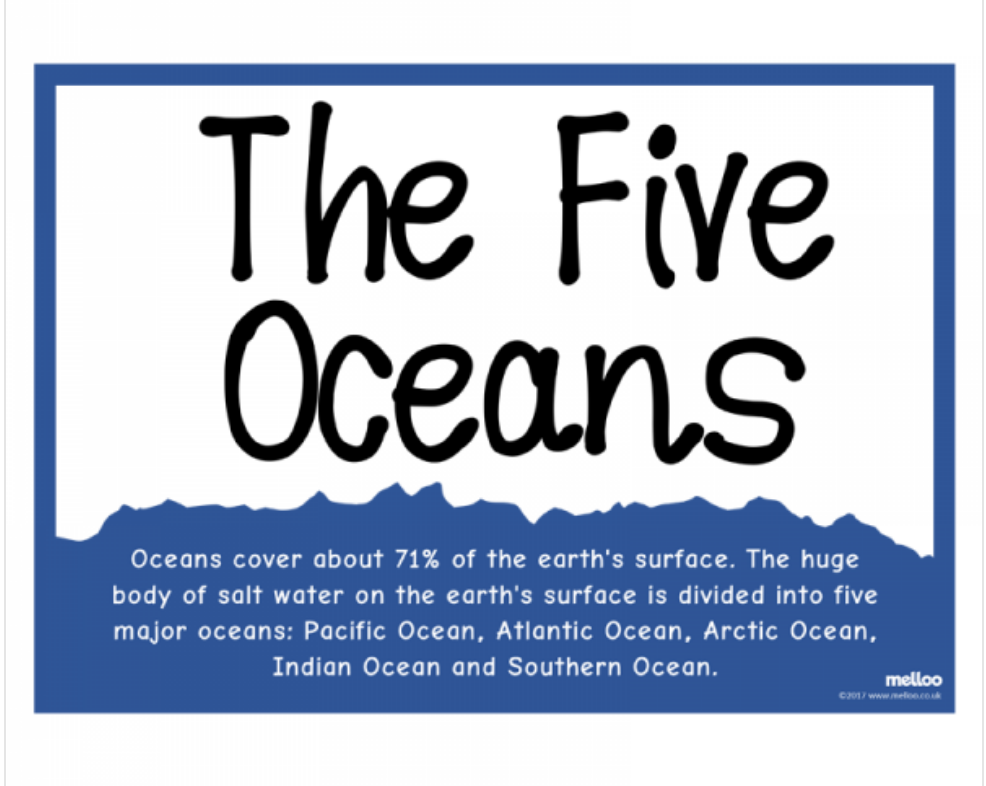Week beginning 7th February 2022
[dropshadowbox align=”none” effect=”lifted-both” width=”auto” height=”” background_color=”#edbaba” border_width=”1″ border_color=”#ba27d8″ ]Homework is set on Google Classroom[/dropshadowbox]
Howard-parents-guide-to-Google-Classroom-
[dropshadowbox align=”none” effect=”lifted-both” width=”auto” height=”” background_color=”#dbf6f4″ border_width=”10″ border_color=”#868878″ ]
Our learning this week…
This week, we are celebrating Children’s Mental Health Week and we will also be raising awareness for Safer Internet Day.
English
At Howard Primary School we have adopted Read Write Inc Phonics.
RWI is a method of learning centred round letter sounds and phonics, and we use it to aid children in their reading and writing. Read Write Inc., developed by Ruth Miskin, provides a structured and systematic approach to teaching literacy. It is used by more than a quarter of the UK’s primary schools and is designed to create fluent readers, confident speakers and willing writers.
Using RWI, the children learn to read effortlessly so that they can put all their energy into comprehending what they read. It also allows them to spell effortlessly so that they can put all their energy into composing what they write.
When using RWI to read the children will:
- Learn 44 sounds and the corresponding letter/letter groups using simple picture prompts
- Learn to read words using Fred Talk
- Read lively stories featuring words they have learnt to sound out
- Show that they comprehend the stories by answering questions.
Five key principles underpin the teaching in all Read Write Inc. sessions:
Purpose – know the purpose of every activity and share it with the children, so they know the one thing they should be thinking about
Participation – ensure every child participates throughout the lesson. Partnership work is fundamental to learning
Praise – ensure children are praised for effort and learning, not ability
Pace – teach at an effective pace and devote every moment to teaching and learning
Passion – be passionate about teaching so children can be engaged emotionally.
https://home.oxfordowl.co.uk/reading/reading-schemes-oxford-levels/read-write-inc-phonics-guide/
Hold a sentence is an activity that encourages children to remember a whole sentence while focusing on spelling and punctuation.
Build a sentence is to give children the opportunity to create their own sentence to that shows the meaning of a word and edit a sentence allows the children to critique a sentence using their knowledge of spelling punctuation and grammar. Children complete a longer piece of independent writing, which gives them the opportunity to show off their creativity and to practice their spelling, grammar and punctuation.
https://www.youtube.com/watch?v=bXOJUPNVnLc
https://www.youtube.com/watch?v=kjHqJQ8sxs4
[/dropshadowbox]
[dropshadowbox align=”none” effect=”lifted-both” width=”auto” height=”” background_color=”#dbf5f4″ border_width=”10″ border_color=”#868478″ ]
Power of Reading
English
At Howard Primary School we have adopted The Power of Reading scheme for literacy. Our literacy work is based around a core text. The text we are working on is called Rapunzel by Bethan Woollvin.
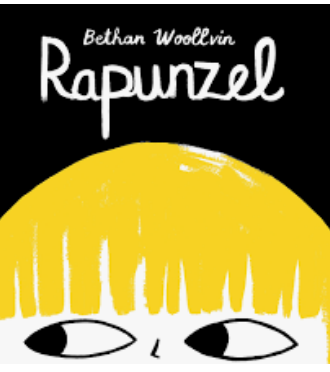
Other books by Bethan Woollvin include:
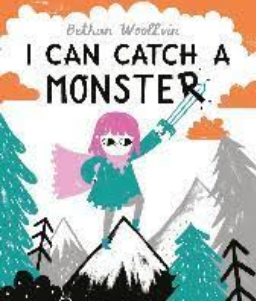
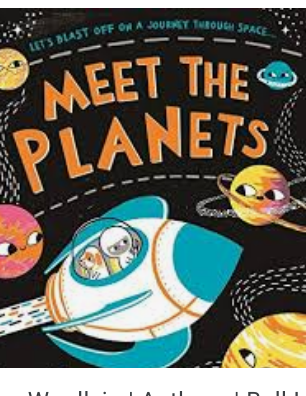
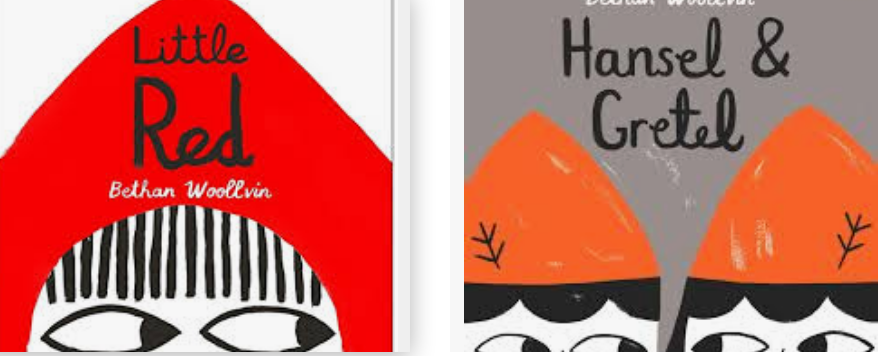
This week we will continue to:
- Plan our own version of a fairy tale with an alternative ending.
- Write our own version of a fairy tale with an alternative ending.
Children should include features of Year 2 writing.
- write simple coherent narratives about personal experiences and those of others (real of fiction)
- write about real events, recording these simply and clearly
- demarcate most sentences in their writing with capital letters and full stops, and use question marks correctly when required
- use present and past tense correctly and consistently
- use co-ordination (e.g. or/ and/ but ) and some subordination (e.g. when/if/that/because) to join clauses
- segment spoken words into phonemes and represent these by graphemes, spelling many of the words correctly and making phonically-plausible attempts at others
- spell many common exception words
- form capital letters and digits of the correct size, orientation and relationship to one another and to lower-case letters
- use spacing between words that reflects the size of the letters
Children will work on showing the change in their character.
[/dropshadowbox]
[dropshadowbox align=”none” effect=”lifted-both” width=”auto” height=”” background_color=”#dbf6f4″ border_width=”10″ border_color=”#863878″ ]
Maths – Money
-
- To count money in pence
- To count money in pounds
- To count money with notes & coins
- To count the correct money
- To make the same amount using different notes and coins
To count money in pence
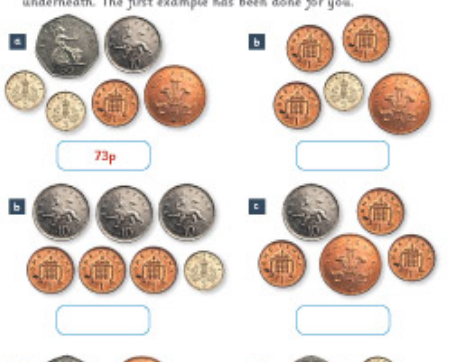
We will use our knowledge of counting in 2s/5s and 10s to help us count money in pence. We will develop strategies to help make counting more efficient. Such strategies include starting with the highest value coin first.
To count money in pounds
We will use our knowledge of counting in 2s/5s and 10s to help us count money in pounds. We will develop strategies to help make counting more efficient.
To count money with notes and coins
We will teach the children to count notes and coins together and we use the expression ten pound and 23 pence. We do not introduce children to decimals yet.
To select the correct money
Children will be given numerous items to buy and they need to select the right amount of money to buy the items.
To make the same amount using different notes and coins
Children will develop their understanding of different ways to make the same amount. The children will begin to see that 10p can be made using 2p, 2p, 2p, 2p and 2p or it can be made using 5p and 5p.
[/dropshadowbox]
[dropshadowbox align=”none” effect=”lifted-both” width=”auto” height=”” background_color=”#dbf6f4″ border_width=”10″ border_color=”#608638″ ]
Science
Our topic this term is living things and their habitat.
We will name, identify and discuss the suitability of organisms living in the different habitats. We will be thinking about the polar habitat and how animals and plants are suited to living there.
https://kids.nationalgeographic.com/nature/habitats/article/polar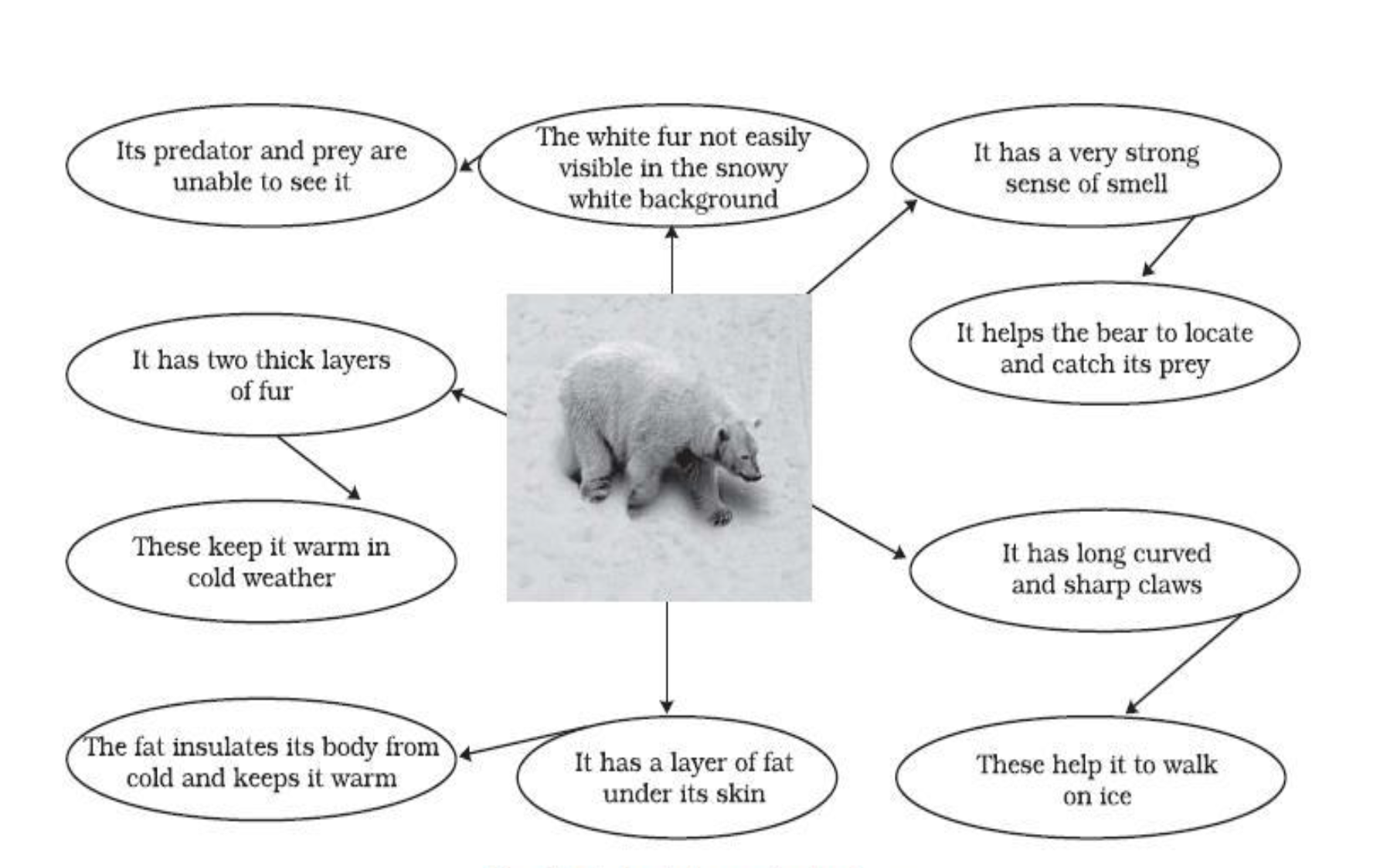
[/dropshadowbox]
[dropshadowbox align=”none” effect=”lifted-both” width=”auto” height=”” background_color=”#dbf6f4″ border_width=”10″ border_color=”#ef1dcd” ]
PE
Please remember to send your child to school in their PE kit on their PE days.
Westminster – Monday & Thursday
Hungerford – Monday & Thursday
[/dropshadowbox]
[dropshadowbox align=”none” effect=”lifted-both” width=”auto” height=”” background_color=”#dbf6f4″ border_width=”10″ border_color=”#ef1dcd” ]
RE
We will focus on Judaism.
https://www.bbc.co.uk/bitesize/clips/zd9jxnb
[/dropshadowbox]
[dropshadowbox align=”none” effect=”lifted-both” width=”auto” height=”” background_color=”#dbf6f4″ border_width=”10″ border_color=”#ef1dcd” ]
Geography
This week we will recap the 7 continents and 5 oceans.The oceans hold about 96.5% of all of Earth’s water and is one of the most amazing places on earth!
PowerPoint Presentation – t-tp-5976-oceans-of-the-world-facts-powerpoint_ver_1
Online game to consolidate– https://world-geography-games.com/oceans/index.html
[/dropshadowbox]
[dropshadowbox align=”none” effect=”lifted-both” width=”auto” height=”” background_color=”#dbf6f4″ border_width=”10″ border_color=”#3f9c33″ ]
RHE – Relationship and Health Education
Jigsaw has two aims for all children:
- To build their capacity for learning
- To equip them for life
Jigsaw brings together PSHE Education, emotional literacy, mindfulness, social skills and spiritual development. The topic this term is ‘Dreams and Goals.’

[/dropshadowbox]
[dropshadowbox align=”none” effect=”lifted-both” width=”auto” height=”” background_color=”#dbf6f4″ border_width=”10″ border_color=”#e21320″ ]
Reading
When reading with your child at home ask them questions related to their book.
Questions to ask before you read
- Can you look at the pictures and predict what you think will happen in this book?
- What makes you think that?
- What characters do you think might be in our story?
- Do you think there will be a problem in this story? Why or why not?
- Does the topic/story relate to you or your family? How?
Questions to ask during the reading
- What do you think will happen next?
- What can you tell me about the story so far?
- Can you predict how the story will end?
- Why do you think the character did _______?
- What would you have done if you were the character?
- How would you have felt if you were the character? (use different characters)
- As I read____________, it made me picture________ in my head. What pictures do you see in your head?
- As you read, what are you wondering about?
- Can you put what you’ve just read in your own words?
Questions to ask after reading
- Can you remember the title?
- In your opinion, was it a good title for this book? Why or why not?
- Were your predictions about the story correct?
- If there was a problem, did it get solved?
- What happened because of the problem?
- Why do you think the author wrote this book?
- What is the most important point the author is trying to make in his writing?
- What was your favourite part of the story?
- If you could change one thing in the story, what would it be?
- Can you retell the story in order?
- If you were __________, how would you have felt?
- What is the most interesting situation in the story?
- Is there a character in the story like you? How are you alike?
Why did you like this book?
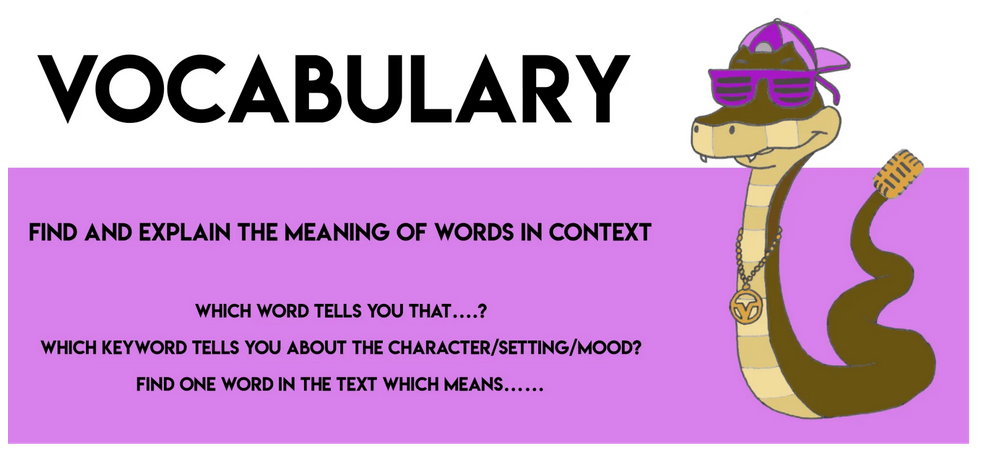
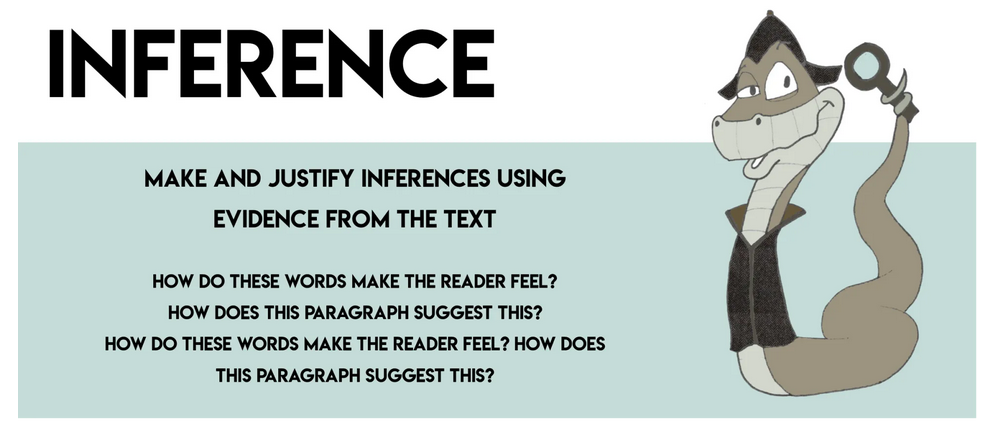
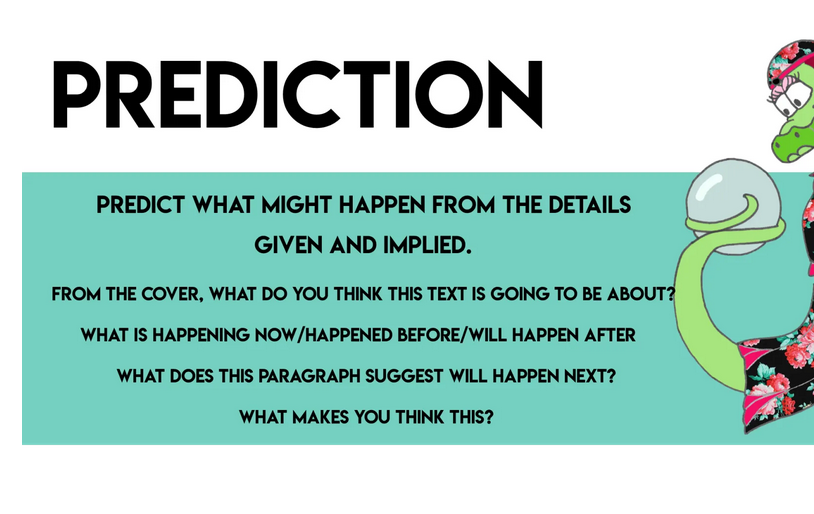
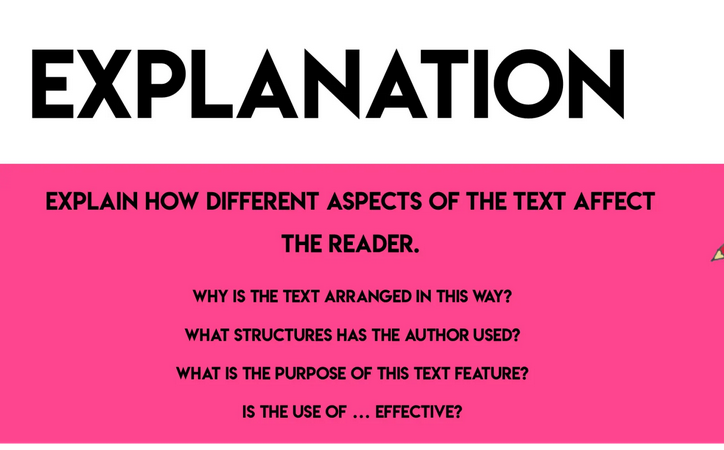
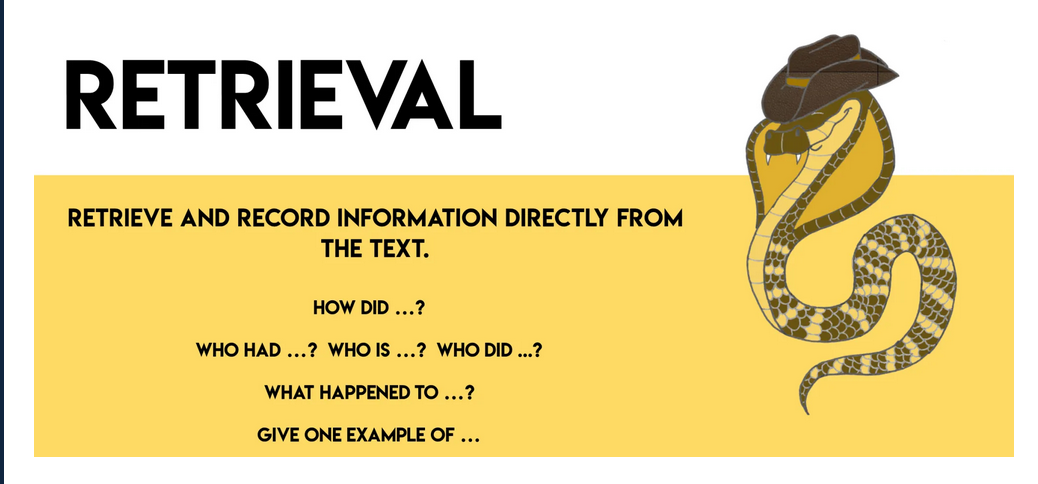
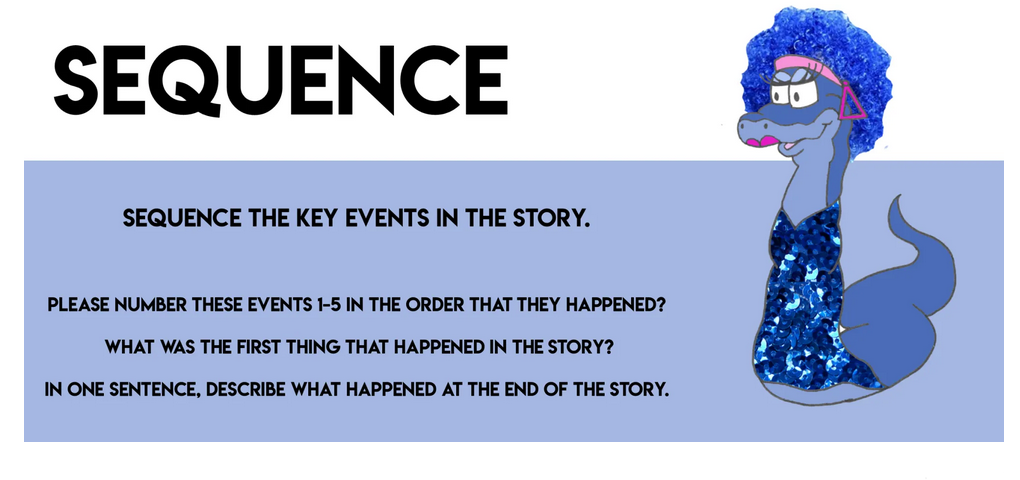
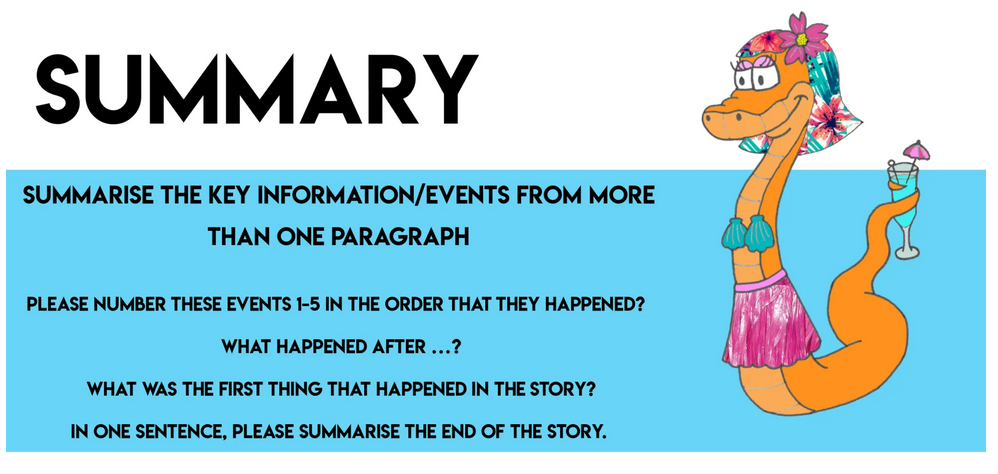
[/dropshadowbox]
[dropshadowbox align=”none” effect=”lifted-both” width=”auto” height=”” background_color=”#dbf6f4″ border_width=”10″ border_color=”#863878″ ]
Mathletics
A big well done to all the children completing their Mathletics. We are so proud. Please continue to complete your activities on Mathletics.
[/dropshadowbox]
[dropshadowbox align=”none” effect=”lifted-both” width=”auto” height=”” background_color=”#dbf6f4″ border_width=”10″ border_color=”#868878″ ]
Star of the week
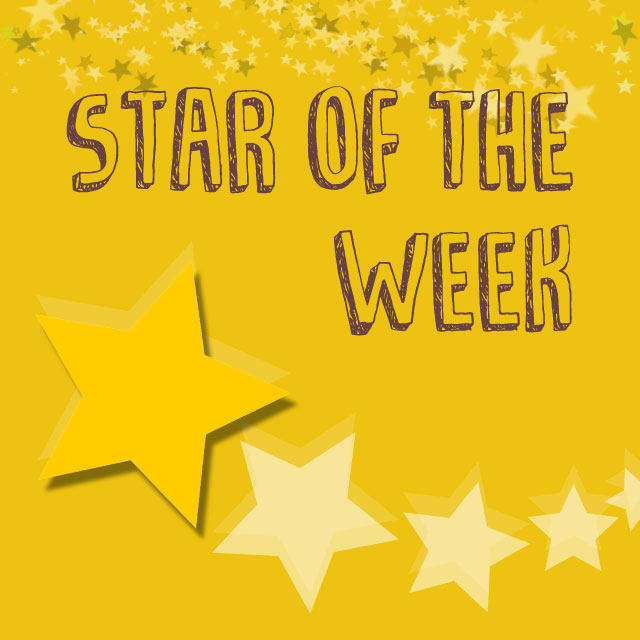
Hungerford
Dawood – for making an effort to produce neater work.
Caitlin – for working hard with her reasoning and problem solving skills in math sessions. Caitlin is also using her initiative within the classroom, gaining independence.
Westminster
Zynah – for making good progress with her writing. You are also taking onboard advice given.
Uvejis – well done for trying hard with your phonics as well as your math challenges. Good effort.
Mustafa – for good responses during class discussions and always persevering with challenges.
Ali – for trying hard with your phonics and making progress with your reading. You are a good friend and you follow the 5C s.
Prithvi – goodluck in your new school – be a shining star in all that you do.
[/dropshadowbox]


